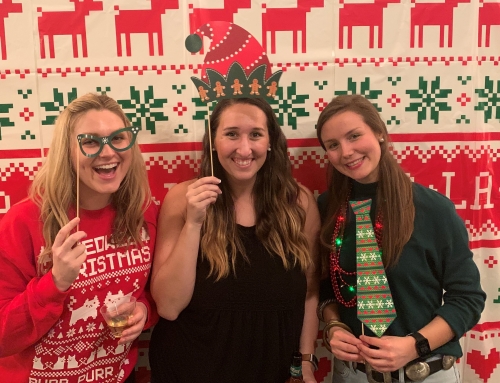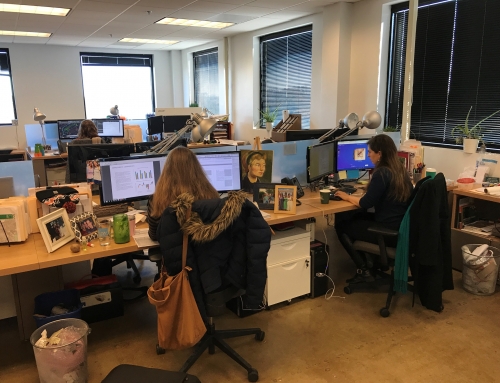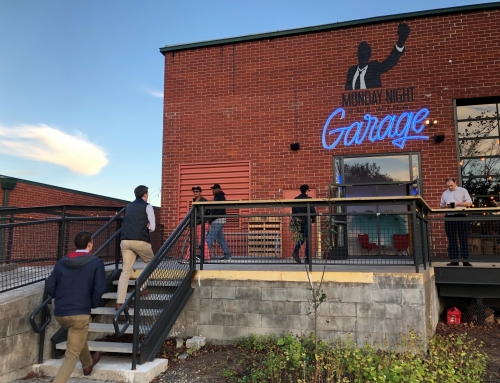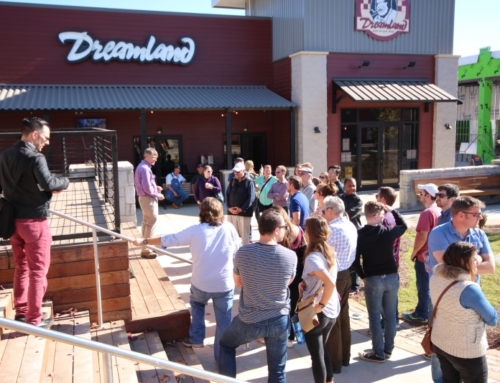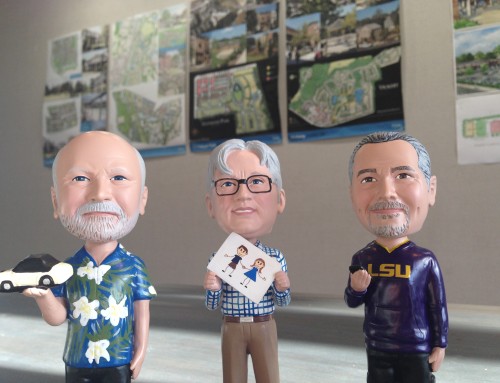TSW tapped to lead a study on Stone Mountain tennis stadium
TSW has been tapped to lead a study on the feasibility of a multi-modal center at a tennis stadium.
CID board taps group to lead study of tennis stadium
Gwinnett Daily Post
3/24/2010
by Camie Young
STONE MOUNTAIN — Business owners are hoping a tie to Stone Mountain Park will give an aging Olympic tennis venue a new life.
After hearing from three firms Wednesday, the Evermore Community Improvement District board tapped Tunnell-Spangler-Walsh & Associates to lead a study on the feasibility of a multi-modal center at the tennis stadium, which had been slated for demolition last year.
Bill Tunnell, who partnered with the venue’s original designers at Rosser International, for the project, said using a current park exit to also create an entrance to the park from the tennis center could give the venue the major boost it needs for success.
“We’ve got to find a game-changer kind of move to make this work,” Tunnell said. “It’s dependent on looking outside the box.”
In recent attempts to market the stadium as a concert venue, he said, the missing piece has been access and parking. But the CID’s desire for a multi-modal center creates a new potential to benefit the popular park with a transit connection.
“It can be a win-win for the park and the CID,” he said, “We are trying to make this a destination.”
If the Atlanta Regional Commission approves the contract, which will be paid for with a Livable Centers Initiative grant, the study could be complete in the next several months.
“To me, they bring fresh eyes and a fresh perspective to what we are looking to accomplish,” said board member Clive Cussler before the unanimous vote, where chairman Forrest Adair abstained. “It’s definitely worth investigating.”
Numerous TSW LCI Studies Receive Implementation Funding

This year, out of the 18 transportation projects that were funded by the LCI program, eight of them are from LCI studies that Caleb managed. These exciting projects include:
- City of Buford’s South Lee Street
- Vine City Streetscapes
- Covington’s Pace Street
- Griffin’s North Hill Street
- Delk Road’s Franklin Road upgrade
- Avondale Estates’ Franklin Street
- Bankhead MARTA Area Streetscapes
- City of Hapeville’s Dogwood Avenue
In addition, the realignment of Moreland Avenue and Glenwood Avenue, which came out of the East Atlanta Village Study that Caleb managed while at the City of Atlanta, was also funded.
For more information on the Atlanta Regional Commission’s LCI Program, visit the program’s web site.

